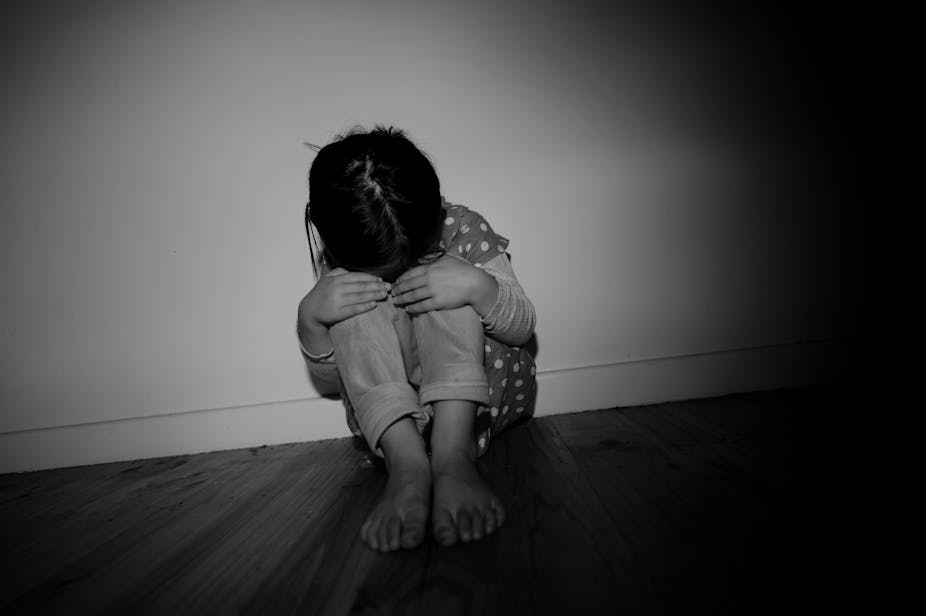For the first time, children will soon be able to bring complaints of human rights violations to the United Nations. Although the UN’s Convention on the Rights of the Child has been in operation since 1990, there has not been a mechanism for children to bring a complaint that a government is breaching their rights until now.
This is in stark contrast to the UN’s other major human rights treaties, all of which have a process for people to bring allegations of human rights abuses.
In December 2011, the UN sought to rectify this omission by adopting an Optional Protocol to the convention. This sets up a system for children to bring a complaint to the committee, made up of 18 independent, international child rights experts. The Optional Protocol enters into force three months after the tenth country ratifies it and, on January 14, Costa Rica did just that.
Therefore, from April 14, children will be able to bring a complaint of a rights violation to the UN. More accurately, only children from Albania, Bolivia, Gabon, Germany, Montenegro, Portugal, Spain, Thailand, Slovakia and Costa Rica will be able to bring complaints. So far, these are the only countries that have ratified the Optional Protocol.
Australia ratified the convention in 1990 and has also ratified both of its other Optional Protocols, one on child soldiers and the other on the sale of children into prostitution and child pornography. But can we expect Australia to ratify this latest protocol?
The answer is probably “eventually”. In other words, we shouldn’t hold our breath. Although Australia, under the Hawke government, was quick to ratify the Convention on the Rights of the Child, it has been less keen to submit itself to the complaints procedures under various UN human rights treaties.
Seven UN treaty committees can receive individual complaints of human rights abuses. This will grow to eight once the children’s committee joins this group. Australia has submitted itself to the jurisdiction of only five of these.
In each case it was many years (and in some cases decades) after the process was set up that Australia jumped on board, and each time it was a Labor government that took the initiative. If the best predictor of future behaviour is past behaviour, we should not expect the current Coalition government to allow children in Australia to bring a complaint of human rights abuses by the government to the UN.
There are a few reasons why the government might be fearful of empowering the committee to make decisions on individual complaints of human rights breaches by children. First, Australians have a strong track record of successful complaints being taken to the UN. Since the famous Toonen decision in 1994, which found Tasmania’s laws criminalising homosexuality to be a breach of human rights, Australia has been found to have violated the human rights of complainants on at least 33 occasions.
Globally, Australia has the fourth-highest number of adverse findings by UN treaty committees, behind Jamaica, Uruguay and South Korea. This suggests high levels of awareness of the option of taking a human rights complaint to the UN.
The second reason that the Australian government might be concerned about allowing children to take a human rights complaint to the committee is that this committee recently conducted a periodic review of Australia’s overall compliance with the convention. It was highly critical of our treatment of children, particularly Indigenous children, children seeking asylum and children with disabilities.
Should Australia ratify the Optional Protocol, it is quite likely that children from these three vulnerable groups would be keen to seek redress from the UN.
However, there is one reason to be hopeful. Last year, Australia appointed its first Children’s Commissioner, Megan Mitchell. This was a very welcome development. Maybe she will be able to persuade the government that in order to fully protect the rights of children in Australia, it should ratify the Optional Protocol.
However, given Tony Abbott’s record on children’s rights to date, I confess to not being optimistic. After all, last month he rejected a report from the UN Committee on the Rights of the Child calling for a ban on smacking children. This does not suggest he is keen to give that committee more opportunities to criticise Australia.

